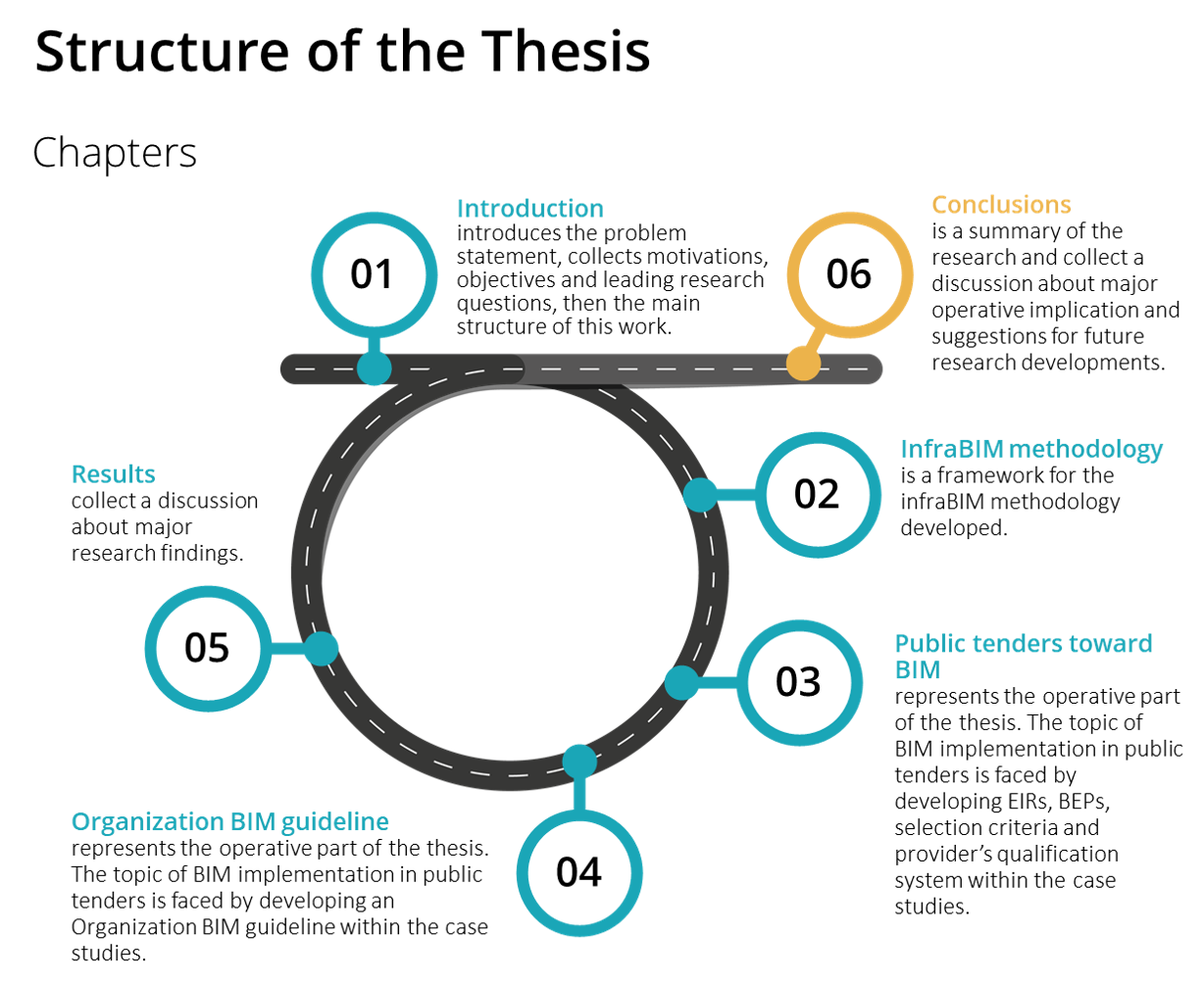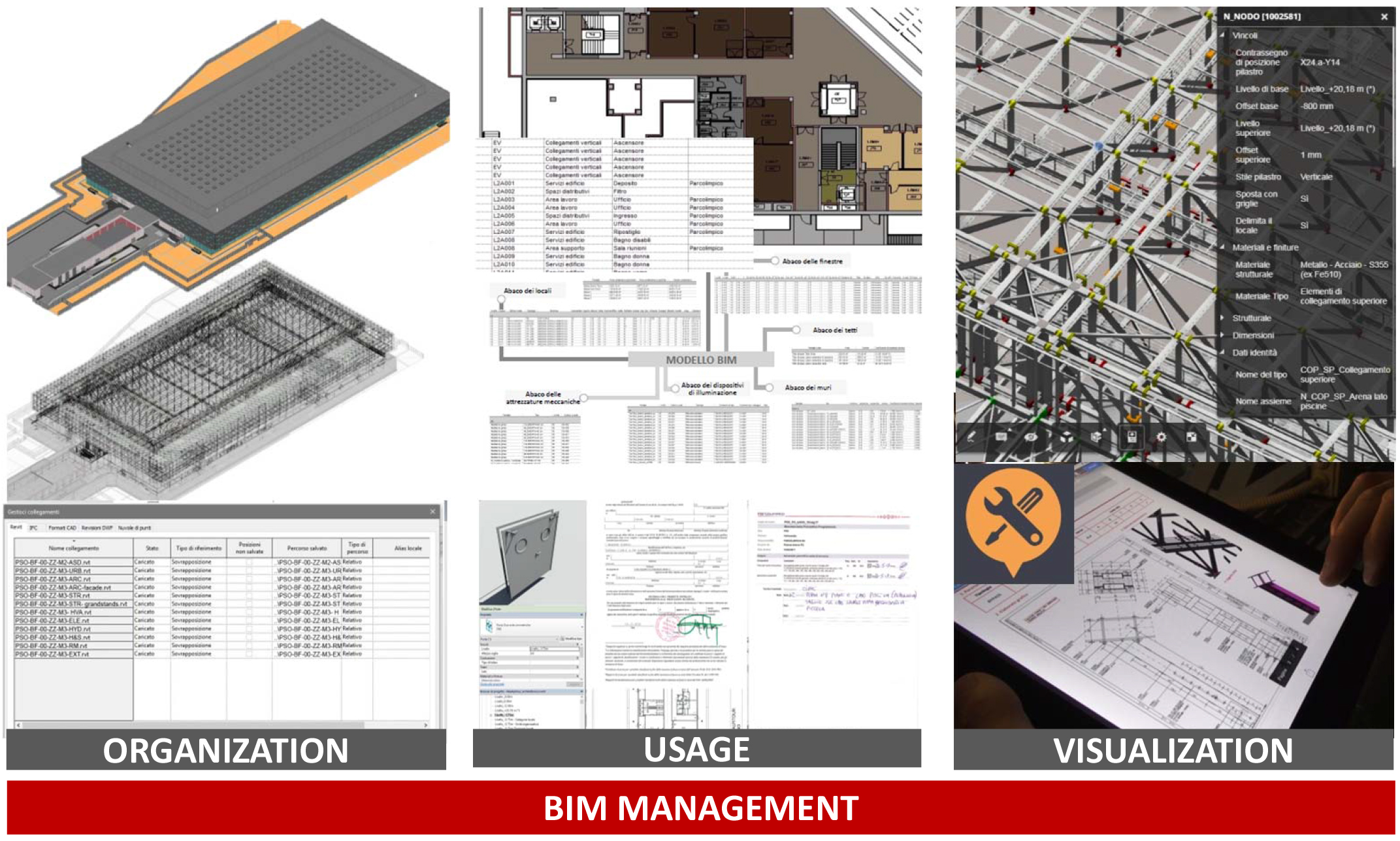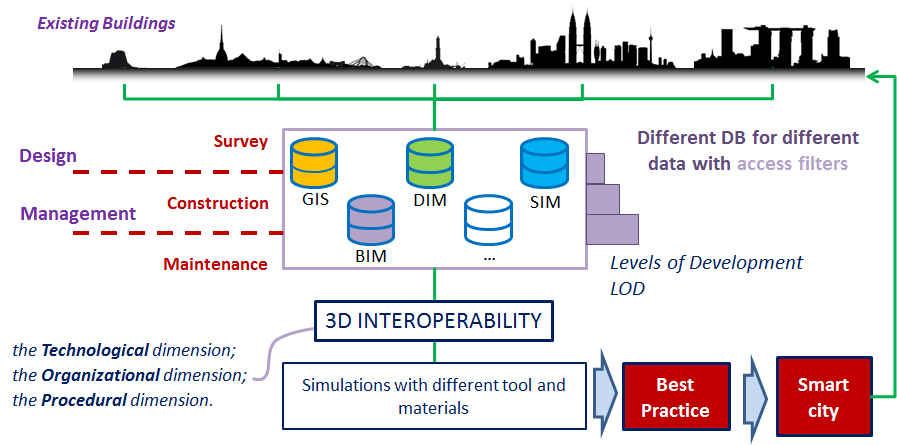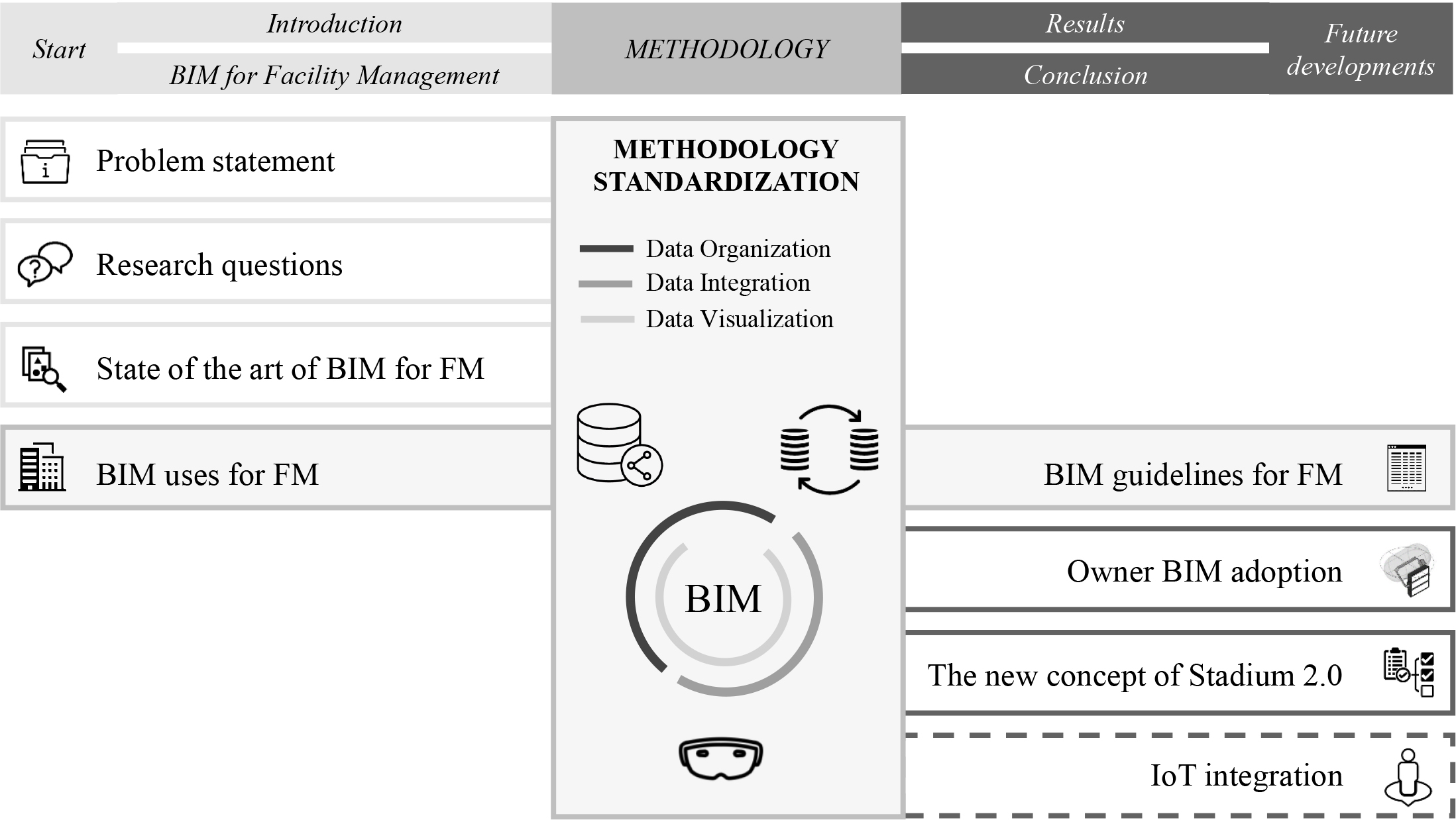Student: Francesco Semeraro
Title of thesis: “Building Information Modelling and Management approach for Public Contracting Authority of infrastructure projects”
PhD Program: Urban and Regional Development
Cycle: XXXII
Supervisor: Prof. Anna Osello
Co-Supervisors: arch. Ernesto Sacco; ing. Domenico Petruzzelli
Abtract:
The EU strategy to strengthen the internal market for construction is related to the digitization of the sector. Directive 2014/24/EU states that electronic information systems (BIM) and information and communication technologies (ICTs) are warmly suggested, in order to drive the expected recovery. In Italy, as in other states, BIM adoption has been made compulsory for public projects, and it primarily affects infrastructure projects which still needs significant research work. The main goal of the research has been the BIM implementation in a Public Contracting Authority of infrastructure projects. Targets of the research have been 1) the as-is assessment of a contracting authority of infrastructure projects, 2) the proposal of a to-be scenario for the new tender process, focusing on the development of the CDE, the EIR, the BEP, the selection criteria of contractors, and 3) the development of a BIM guideline.
Keywords: infraBIM; BIM4PA; legalBIM; BIM procurement; information contracts; BIMguide.
Student: Francesca Maria Ugliotti
Title of thesis: “BIM and Facility Management for smart data management and visualization”
PhD Program: Urban and Regional Development
Cycle: XXX
Tutor: Prof. Anna Osello
Abstract:
BIM is for all buildings. As a disruptive technology, BIM completely changes the traditional way of working of the Construction Industry, starting from the design stage. However, the challenging issue is to establish a framework that brings together methods and tools for the buildings lifecycle, focusing on the existing buildings management. Smart city means smart data, including, therefore, intelligent use of Real Estate information. Involving Facility Management in the process is the key to ensure the availability of the proper dataset of information, supporting the idea of a BIM-based knowledge management system. According to this approach, BIM Management is achievable applying a reverse engineering process to guarantee the BIM effectiveness and to provide Facility 4.0 smart services.
Keywords: Building Information Modelling, Smart data management, Interoperability, Facility Management, Systems Integration, Cadastre of the Future, BIM Management.
Student: Matteo Del Giudice
Title of thesis: “Smart data management with BIM for Architectural Heritage”
PhD Program: Ricerca in Innovazione Tecnologica per l’Ambiente Costruito
Cycle: XXVIII
Tutor: Prof. Anna Osello
Abstract:
Currently, the refurbishment of existing buildings through the use of Innovation Technology (IT) is one of the most investigated research fields in the building industry. This issue is strictly related the data management that can be improved with the use of Building Information Modelling (BIM) as an innovative methodology for the optimization of the building process concerning to the renovation of the existing buildings focusing on energy saving, maintenance, etc. In these terms, interoperability between software and professionals is becoming fundamental expecially regarding to the data sharing issue. So, this thesis aimed at highlight the optimization of data management with BIM, evaluating the role of multidisciplinarity, starting from the urban scale arriving to the building scale, considering different kinds of architectural heritage.
Keywords: Building Information Modelling, Interoperability, smart data management, LODs, 3D parametric model.
Student: Andrea Barbero
Title of thesis: “BIM methodology standardization for Facility Management: data organization, integration, and visualization for a new concept of stadium”
PhD Program: Urban and Regional Development
Cycle: XXXIII
Supervisor: Prof. Anna Osello
Co-Supervisor: Ing. Fabio Manzone
Abstract:
The main challenges in the FM sector derive from the application of a traditional method based on a fragmented database characterized by a great data loss, while the main issues in the adoption of BIM methodology are mainly procedural and not technical, due to a lack of standardization. Based on these considerations, the research thesis aims to analyse the definition of a BIM methodology standardization for FM based on the identification of a series of operating protocols which enrich the BIM procurement documentation through the development of proper guidelines. In particular, for the research case study, represented by the Allianz Stadium, the defined model uses are: the implementation of an As-is Model for FM, the Integration with an IWMS platform and the possible future implementation of FM system over Virtual and Augmented Reality (VAR). The analysis of this digitalization process allows defining the new concept of stadium 2.0 that will be implemented in the future, representing the starting point for the digital “archive of the future”.
Keywords: Building Information Modelling; Facility Management; Methodology standardization; Data Integration; Data Validation.



